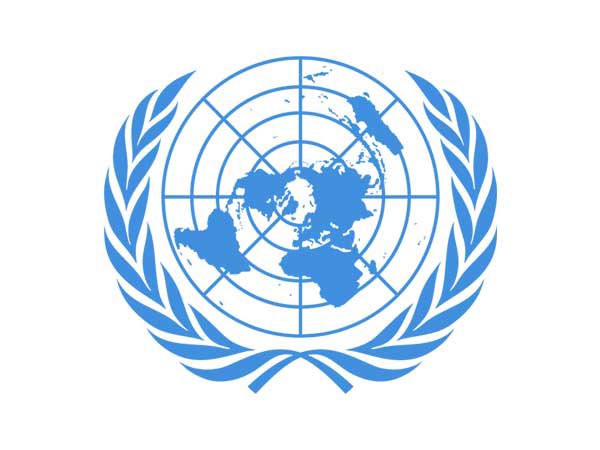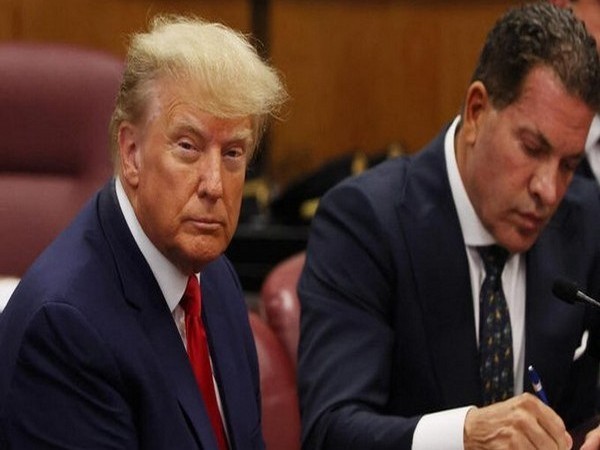'Bold strides' needed not 'baby steps' on 1.5-degree climate goal: UN
Nov 15, 2023

Dubai [UAE], November 15: The climate targets currently submitted by countries mean that the world is a long way from stopping global warming at 1.5 degrees Celsius above pre-industrial levels, an analysis by the United Nations ahead of the COP28 climate summit shows.
"Today's report shows that governments combined are taking baby steps to avert the climate crisis," Executive Secretary of UN Climate Change Simon Stiell said in a statement on Tuesday as the synthesis report on the international climate targets was released.
"And it shows why governments must make bold strides forward at COP28 in Dubai, to get on track.
"This means COP28 must be a clear turning point: Governments must not only agree what stronger climate actions will be taken but also start showing exactly how to deliver them." The international community agreed the 1.5-degree target at the UN climate conference in Paris in 2015 to avoid exceeding dangerous tipping points with irreversible consequences and avert the most catastrophic consequences of climate change.
To show how far the world is from the path to this goal, the UN Climate Change Secretariat in the German city of Bonn has evaluated all climate targets submitted by September 25 of this year and has come to some alarming conclusions.
Even if all of these targets were implemented, the global emissions still emitted in 2030 would only be 2% below the 2019 level, meaning that the peak in global emissions would still be measured in this decade - but far too late for the climate targets agreed in Paris.
According to the Intergovernmental Panel on Climate Change (IPCC), emissions would have to be 43% lower in 2030 than in 2019 if global warming is to be stopped at 1.5 degrees as targeted.
Compared to 2010, climate-damaging emissions in 2030 would still be 8.1% higher according to the calculation. This forecast has only improved slightly since last year.
This analysis does not even take into account the fact that countries often fail to achieve their own climate targets.
"Every fraction of a degree matters, but we are severely off track.
COP28 is our time to change that," said Stiell.
The UN climate summit COP28 with representatives from around 200 countries is scheduled to take place in Dubai from November 30 to December 12.
"It's time to show the massive benefits now of bolder climate action: more jobs, higher wages, economic growth, opportunity and stability, less pollution and better health." Another report, also released on Tuesday, showed that efforts to limit global warming to 1.5 degrees are "lagging significantly" behind the pace and scale needed to address the climate crisis.
The "State of Climate Action" report found that across 42 indicators assessed, only one - the share of electric vehicles in passenger car sales - was on track to reach its 2030 target derived from the Paris agreement.
"Despite decades of dire warnings and wake-up calls, our leaders have largely failed to mobilize climate action anywhere near the pace and scale needed," lead author Sophie Boehm said.
"There's no time left to tinker at the edges. Instead, we need immediate, transformational changes across every single sector this decade." The report said the share of solar and wind energy needed to increase by an average of 24% per year, however it is currently increasing by 14% per year.
Fossil fuel phase-out needed to increase sevenfold, the report said.
But government subsidies for oil, gas and coal nearly doubled from 2020 to 2021.
Report author Claire Fyson, from Climate Analytics, said it was "absurd" to continue investing heavily in gas and coal power.
The report was a joint effort of the Bezos Earth Fund, Climate Action Tracker, ClimateWorks Foundation, the UN Climate Change High-Level Champions and World Resources Institute.
Source: Qatar Tribune









